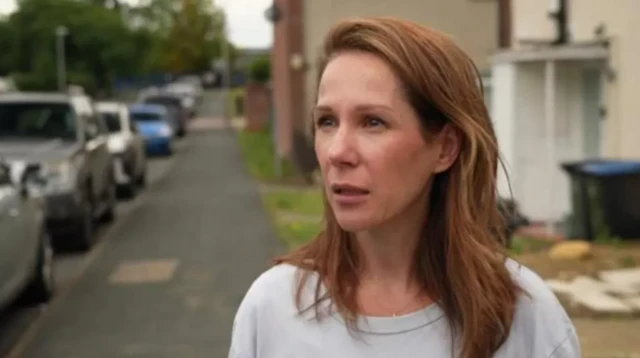Could be hundreds more cases - Keeganpublished at 07:52 BST 4 September 2023Breaking
More from Education Secretary for England, Gillian Keegan, on BBC Breakfast.
"The vast majority of surveys come back without RAAC.
"But where we find it we will then treat all of them as critical and we will prop them up or put temporary accomodation into place," she says.
Keegan tells the programme there have been reports there could be thousands more cases, but she insists that will not be the case.
"It could be hundreds, but we need to get the surveys back. We started in March last year," says Keegan - adding they still have outstanding surveys from schools across England.

